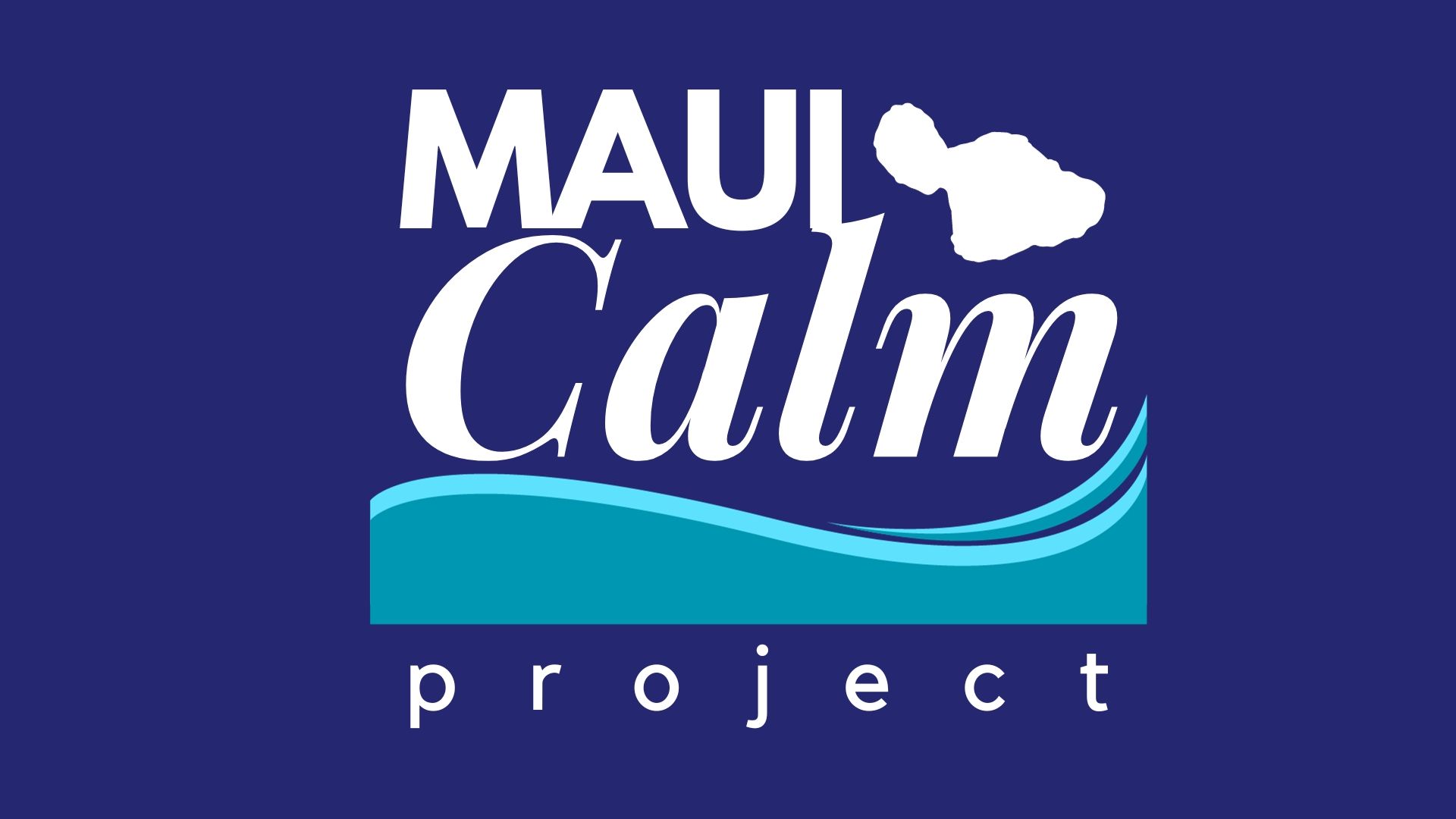Modern society has created a situation where the human nervous system lives in a world of near-constant stimulation. Rarely does our brain and body have the opportunity to relax and disconnect from all this stimulation. As a result, chronic physical and mental health conditions have become ubiquitous, with over a quarter of the population suffering from pain, anxiety, depression, and other ailments exacerbated by stress. This website provides an overview of an emerging new technology known as Floatation-REST (Reduced Environmental Stimulation Therapy) that appears to powerfully counter the deleterious effects of stress in modern life.
During Floatation-REST individuals effortlessly float on a bed of water that has been saturated with over a thousand pounds of Epsom salt. These specially designed float pools are constructed in rooms built to be soundproof and lightproof, and tightly calibrated so that both the water and air match the temperature of your skin. To learn more about the evidence base showing how floating in this unique environment can help improve both mental and physical health, please click here. And click here to learn more about the Float Research Collective and how you can contribute to its moonshot mission to establish worldwide acceptance for Floatation-REST as a treatment to relieve pain, stress, anxiety and other related conditions.
The Maui Calm Project is part of the Float Research Collective
Maui is in the midst of a massive mental health crisis due to the horrific trauma from the fires. The Maui Calm Project has been set up to provide a new type of disaster relief; a purpose built center to offer free Clinical Float Therapy for anyone on Maui who is suffering from the trauma of the fires. Clinical float therapy is a safe and non-invasive treatment that has been shown to help people with trauma, anxiety and PTSD. Built into shipping containers, these float centers can be rapidly deployed to Maui and placed near Lahaina in order to make the therapy as accessible as possible to everyone who has been traumatized.

Clinical Floatation in the Press
-
National News Coverage on Floatation by CBS This Morning
LINK -
CNN - Floating for stress and anxiety relief
LINK -
Mental Health: How float clinics treat anxiety
LINK -
National Public Radio (NPR) Floating Away Your Anxiety And Stress
LINK -
THE GLOBE AND MAIL - Float spas: the next frontier of mental health or a splashy placebo?
LINK -
Health.com talks to Justin Feinstein
LINK -
ABC : Good Morning America - Can Flotation Therapy Cure You?
LINK -
The Guardian : Suffer from anxiety? Try a sensory deprivation tank
LINK -
MENS HEALTH - floating changed my life
LINK -
VICE - People With Anxiety Find Relief in Sensory Deprivation Tanks
LINK -
BBC South Today report with Justin Feinstein on floating to help anxiety & police officers in the UK
LINK
FIND A FLOAT CENTER
If you are looking for somewhere to try floating,
please click on the Float Center Map link below to find a center near you.
(The Float Center map is not managed by us)
ABOUT US
The official site dedicated to the medical use of clinical floatation therapy.
Published peer reviewed papers, presentations and news related to Clinical Floatation to assist researchers and clinicians in all disciplines
FLOAT RESEARCH COLLECTIVE
Find out about the Float Research Collective and how you could get involved....
KEEP INFORMED
Keep updated with the latest news, publications and presentations, the resource for everyone interested in the science of Floatation-REST. Sign up to our newsletter here: (opens a new window)
CONTACT US TO FIND OUT MORE
Contact Us
Thank you for contacting Clinical Floatation.
We will get back to you as soon as possible
Please try again later













